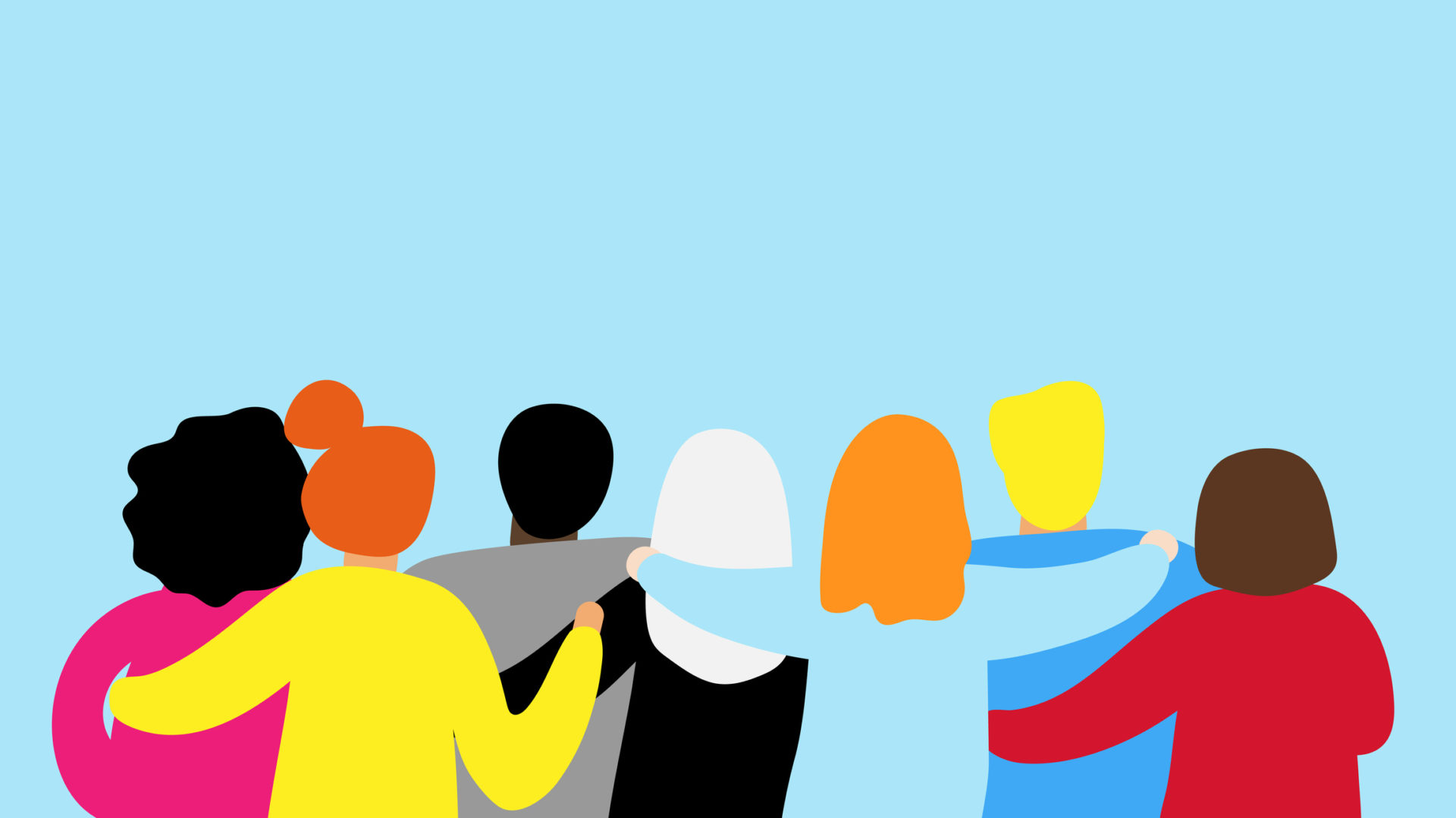
This year, the Ann Craft Trust launched the #SaferCultureSaferSport campaign for sport and activity organisations to create safer cultures.
But why are we doing it?
Safeguarding is about making sure that:
- As many people as possible understand that children and adults can be abused.
- People know how to report abuse.
- There is a clear procedure in place for making sure individuals and organisations act on any reports of abuse. This means we can protect the person at risk. It also means we can prevent the people responsible for any abuse from harming others in the future.
- We prevent abuse by making sure no one with a history of harming people comes to work or volunteer for us.
So what has culture got to do with our work?
We know that in some situations people raise concerns that are ignored. And in some situations, other people ‘just know’ that there is no point in trying to speak up – even when their organisation has great policies and procedures.
Culture – ‘The way we think and do things around here’. This has a huge part to play in whether all people are safe within that setting. It also determines whether or not concerns are raised and appropriate action is taken.
What is a safer culture?
Being safe means being free to be oneself. It means being respected and valued for your contribution to any organisation, club or activity you are part of.
A fundamental test for a #SaferCulture is a culture that is truly inclusive and welcoming for all in all our diversity; young and old, female and male – for everyone in all shapes and sizes and identities including disability, sexuality, gender, religion or race.
Being safe means:
- Not experiencing harassment and discriminatory abuse.
- Being able to participate in whichever way the person wants – on equal terms with all other members.
- Not being afraid to raise any concerns.
- Being confident that people will respect and act on your experience and views.
Organisations with a #SaferCulture will not have discriminatory banter in changing rooms and will have a wide range of people employed, participating and volunteering – united by their enjoyment of the sport/activity.
Why is a safer culture essential for safeguarding?
A #SaferCulture is crucial for prevention and resilience against abuse. People who feel safe, trusted and respected will be much more confident to challenge others. They’ll also feel more ready to respond to any challenges they hear. Other people around them are more likely to help resolve any issues.
Clubs where people who can say – ‘I’d really like it if you spoke directly to me rather than to the person assisting me’ and the other person can say ‘I am so sorry – old habits- I’ll make sure I don’t do that again’ are much more likely to have #SaferCultures.
When the people taking part in an activity all respect and value each other, someone who is acting differently – for example, by misusing their power or by being disrespectful – will stand out.
People know how their teammate looks when they are confident and happy. They’ll then know when something isn’t right. So they’ll be more likely to know when to ask ‘Are you OK today?’.
Safeguarding sometimes involves difficult conversations. A bedrock of trust and respect mean they are more likely to these difficult conversations are more likely to happen.
So culture has got a lot to do with Safeguarding!
#SaferCulture means:
- People are more likely to voice concerns about abuse at an early stage. People are also more likely to challenge abuse where they see it.
- Anyone raising a concern will get support.
- Everyone in the organisation works together to keep the culture safe for all.
Learn more about our #SaferCultureSaferSport campaign.
